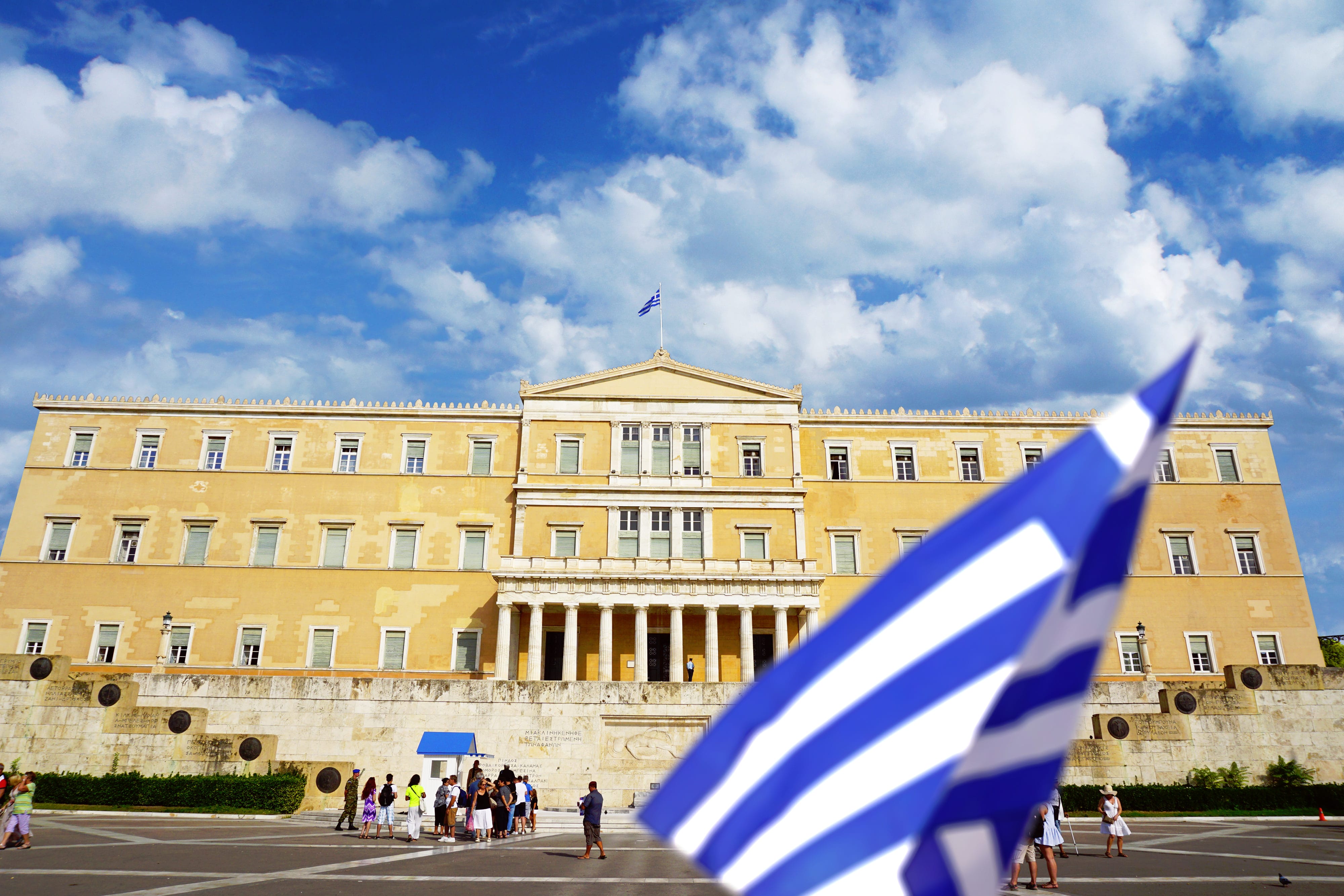The anthem is actually a poem! The Greek National Anthem was written by the famed poet, Dionysios Solomos, in 1823. He was born and raised in Zakynthos, but his family were refugees from the island of Crete. As a member of a prominent wealthy family, Dionysios was well educated, which eventually drove him to become a poet. Although he studied abroad in Italy for several years, he eventually penned his poems in his native Greek language.
The Hymn to Liberty wasn’t the only poem he wrote, but it is the most famous. He wrote in a specific style, which is referred to as the Heptanese Style of poetry that originated from the Heptanese School of Literature, or literally the Literature School of the Seven Islands. It is also referred to as the Ionian School.
The Hymn to Liberty wasn’t the only poem he wrote, but it is the most famous. He wrote in a specific style, which is referred to as the Heptanese Style of poetry that originated from the Heptanese School of Literature, or literally the Literature School of the Seven Islands. It is also referred to as the Ionian School.






